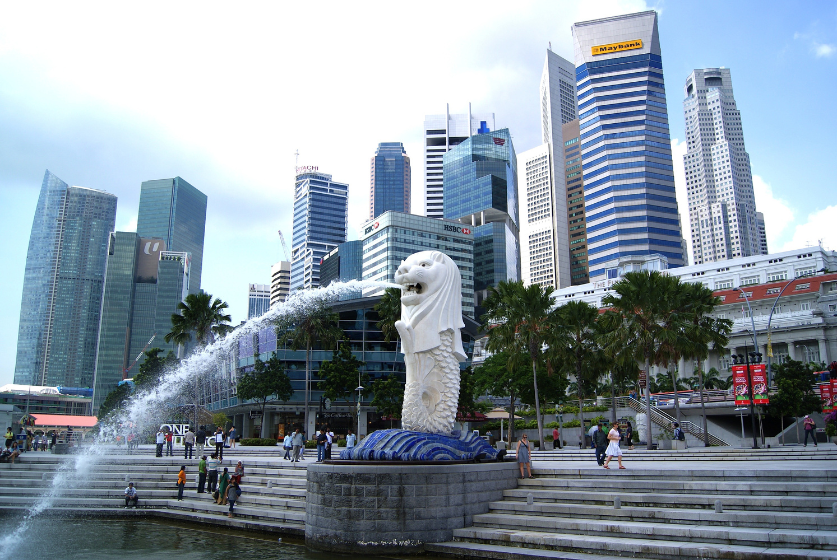

国際色豊かなシンガポール。シンガポール人とのビジネスでは、どのようなことに配慮していけば円滑になるのでしょう。
今回は、シンガポール人との接待へ向けて、知っておきたいシンガポールのビジネスマナーについて紹介します。
大切なシンガポールからのお客様の重要接待におすすめの日本文化体験もあわせてご紹介させていただきますので、是非参考にしてみてくださいね。
シンガポールの基礎知識
シンガポール
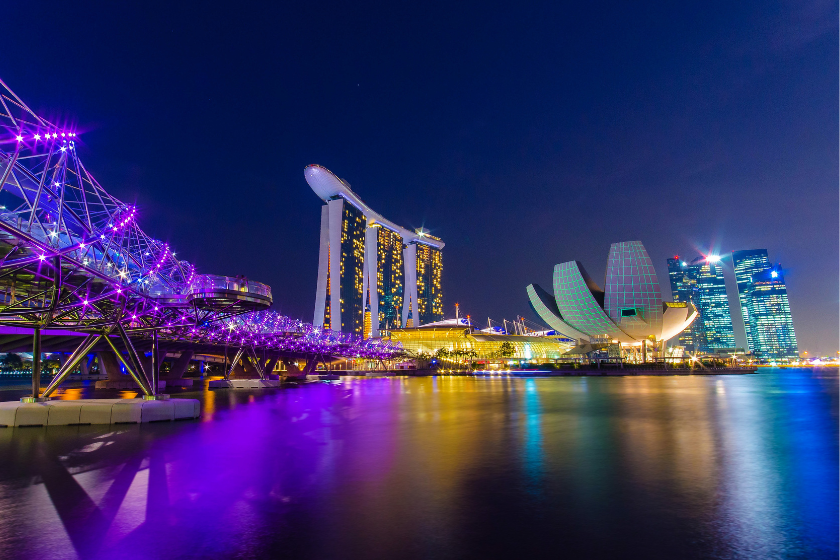
シンガポールは、東南アジアに位置する独立国であり、マレーシアの南部に位置しています。
総面積約719平方キロメートルで、国土面積としては非常に小さな国です。
人口は約600万人です。
シンガポールは多様な文化的背景を持つ国であり、華人、マレー人、インド人、その他の民族グループが暮らしています。
公用語は英語、マレー語、中国語、タミル語ですが、ビジネスでは英語が主流です。
シンガポールは共和制で、大統領制と議会制を組み合わせた政治システムで、国の指導者は首相です。
また、シンガポールは政治的に安定し、経済発展を重視する政策で知られています。
そして、世界的に有名な経済中心地であり、金融、商業、観光、物流などの分野で非常に発展。
国内総生産(GDP)は高く、国際的な企業や銀行が多く進出しています。
シンガポール人の国民性の特徴
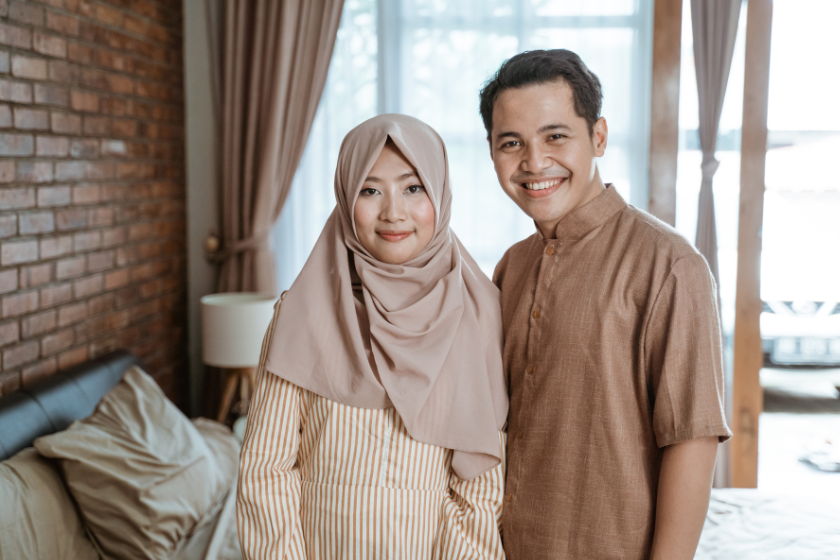
シンガポールの国内にはさまざまな民族が暮らしています。
それに伴い、国民性も多様であり、一概には言い表せませんが、いくつかの特徴的な要素が存在します。
シンガポールは多様な民族グループが共存しており、多文化主義が重要な要素となっています。
華人、マレー人、インド人などが共に暮らし、それぞれの文化や伝統を尊重しながら、共通のアイデンティティを築いています。
教育への価値観が高く、努力と勤勉さが重要視されます。
教育制度は厳しく、競争が激しいですが、それによって高い教育水準を維持しています。
多くの市民は自己啓発に努め、成功を追求する姿勢が一般的です。
シンガポールは秩序と規律を重視する社会です。
法の遵守や公共のルールへの従順さが強く求められます。
清潔さや整備された環境の維持にも力を入れ、市民は公共の場での行動やマナーに気を配ります。
そしてシンガポールは、国際的な都市であり、グローバル志向が根付き、外国人投資や国際企業の進出を積極的に受け入れ、国際的な交流やビジネスが盛んです。
国民は異文化に対するオープンマインドを持ち、国際的な視野を持つ傾向があります。
経済の発展とともに、物質的な豊かさや快適な生活環境を重視し、一方で、ワーク・ライフ・バランスや家族の時間にも注意を払う風潮も広がっています。
マレー人とは?
マレー人は、主にマレーシア、インドネシア、ブルネイ、シンガポールなどの東南アジア地域に居住する民族。
彼らはマレー系の文化、言語、そして歴史的に深い繋がりがあります。
マレー人はマレー語を話しマレー文化の要素を受け継ぎ、起源は、古代マレーシア王国やスマトラ島の古代王国などの歴史的な王国に遡ります。
イスラム教徒が多く、イスラム教は彼らの文化と社会の重要な要素です。
マレー人の結婚、祝祭、食事、衣装などの伝統は、彼らの宗教的な信念と密接に関連しています。
イスラム教徒はアルコールの摂取は禁止されているので、宗教的な理由から、多くのマレー人はお酒を飲まない傾向があります。
ただし、すべてのマレー人がイスラム教徒ではないため、マレー人の中にはアルコールを摂取する個人も存在します。
特に都市部や西洋化の進んだ地域では、一部のマレー人が社交的な場や特別なイベントでお酒を飲むことがあります。
シンガポールのビジネスマナー
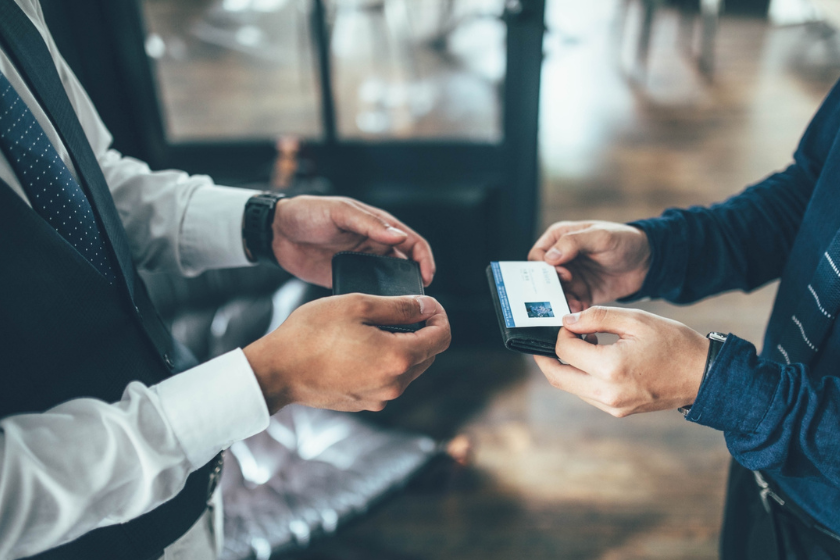
こちらでは、シンガポールのビジネスマナーについて紹介します。
挨拶から日本と少し感覚が違うので気をつけるべきことをまとめました。
挨拶
シンガポールで、取引相手との初めての挨拶はお辞儀や特別な挨拶のジェスチャーはなく握手が基本です。
必要以上に近寄りすぎないよう、距離を保ちながら握手をします。
マレー人は握手の後、手のひらを胸にあてる仕草をします。
義務ではなく、文化的な挨拶なのでこちらに求められることは特にありませんが、丁寧な挨拶でお出迎えしていただいているということを理解しましょう。
そして、シンガポールでも名刺交換は重要なビジネス挨拶になります。
ほとんどの場合、最初のミーティングで名刺交換があり、名刺の文字が相手に読めるように差し出します。
両手で丁寧に受け取り、すぐに名刺をしまわれるのを嫌がる人もいるので、
ミーティングの間も見えるようにテーブルに置きます。
名刺をぞんざいに扱うことは日本同様マナー違反になるので気をつけましょう。
また、ビジネスシーンではとてもドライな感覚の人が多いため、初対面で相手のキャリアや学歴、どのくらい英語ができ意思疎通はスムーズか?と判断をして対応されることがあります。
参照:シンガポールで注意したいビジネスマナー(会議、契約、職務分担)
服装

シンガポールは赤道から一度だけ北半球に入っているため、1年間の平均気温は24℃〜31℃になり、常に夏のような気候です。
現地での男性のビジネススタイルは、ジャケットは基本的に着用せず、落ち着いたトーンのスボンに明るい色味のシャツとネクタイが基本です。
ビジネスの服装には、暑いのですが半袖が認められていない職場もあります。
女性はブラウスにパンツもしくはスカートで、ノースリーブが許可されている職種の人はノースリーブの人も多い傾向です。
しかし、ノースリーブの場合必ず脇毛の処理が大切。
日本もですが、シンガポールでは脇毛はかなりエチケット違反として捉えられます。
シンガポールでは、露出の激しい服装をしている女性はかなりマイナスのイメージになります。
派手なアクセサリーはビジネスの場ではふさわしくないと考える人が多いので、できるだけ控えめにしましょう。
休日出勤の場合は、普段より少しカジュアルな服装での出勤が認められていますが、サンダルやスリッパは禁止のところが多いです。
このようにシンガポールでは「清潔さ」がビジネスファッションの特徴になります。
ビジネス感覚

シンガポール人とのビジネスは、とにかくベネフィット重視といわれています。
シンガポールは国際企業が多いため、ビジネススタイルも欧米流が多くみられます。
目標利益に向かって貪欲に進み、ベネフィットが生まれる案が提案されれば、最優先で事が運びます。
些細な問題は後回しがちになり、より大きな解決策へ向かっていく傾向に。
なので途中変更や企画案の差し替えといったことに対してとてもストレスが生まれる可能性があるので注意が必要です。
よって、一般社会では時間にルーズな人が多いといわれますが、ビジネスシーンでは時間を惜しむ人が多いのも特徴です。
そして、雇用契約以上の仕事をする人がほとんどいないため、案件をたらい回しにされる場面もしばしば起こります。
そのため、シンガポール人と仕事をするときは相手がどんな役職でどのような業務にあたる人なのかしっかり把握することが大切になります。
参照:書籍『シンガポールとビジネスをするための鉄則55』(アルク刊)
シンガポールの接待文化

シンガポールでもビジネス接待はとても重要なビジネススキル。
こちらでは、シンガポールの接待文化についてご紹介します。
ビジネス接待
シンガポールでも接待は重要なシーンになります。
もし相手から招待されたら、できる限り出席しましょう。
もし、手紙で招待を受けたのなら、書面で返事をします。
もし参加できないのであれば、社内から近い役職の人を代理で出席させます。
配偶者が同席での出席であれば、ビジネスという側面より個人的に親しくなりたいという雰囲気があるので、あまりビジネスの話ばかりで盛り上がることは避けるようにします。
こちらが相手を接待に招待するときは、マレー人を始めイスラム教徒の人への食事やお酒への配慮をしっかりしておく必要があります。
シンガポール国内での接待は会食の後、二次会へと続く場合が多くあります。
ナイトクラブやカラオケ、女性ホステスのいるお店へ移動します。
日本でも同じような流れで接待を行うこともできますし、日本らしい伝統芸能を楽しんでいただけるようなおもてなしも喜ばれます。
そして、ゴルフ接待も人気です。
近年では欧米同様、スポーツ接待、ジムやランニングなども人気なので、相手がスポーツ好きならば取り入れていくこともおすすめです。
コーヒーブレイク
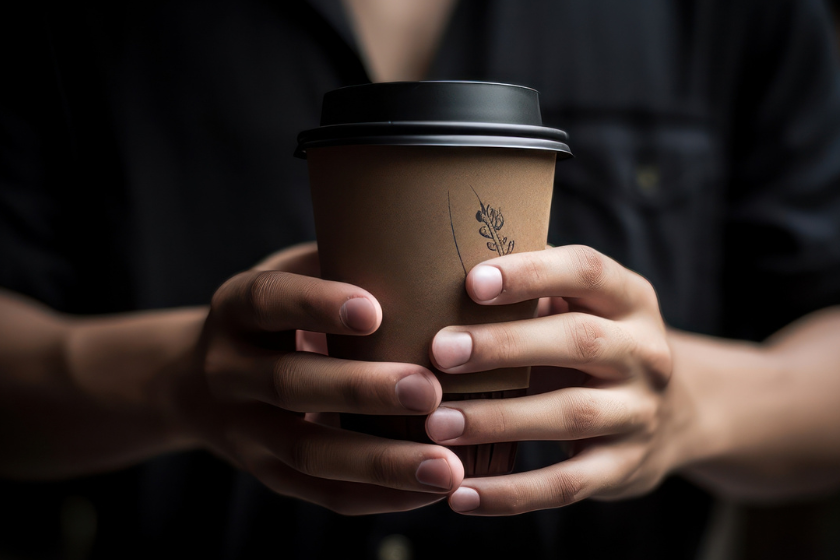
シンガポール人は、接待や飲み会よりもコーヒーブレイクが重要と言われています。
休憩時間以外にも、カフェやスタバなどに立ち寄り、コーヒーを飲みながらのミーティングを行う場合があります。
同僚やビジネスパートナーなら、コーヒーを飲みながら親睦を深めていくこともできるので、シンガポール人にコーヒーを誘われたらなるべく参加するようにすることをお勧めします。
食事・お酒のマナー
マレー系シンガポール人を始め、イスラム教徒や仏教徒のシンガポール人が多く、お酒を飲まない人もいます。
なので、無理にお酒を勧めたり、お酒の席に招待したりすることは失礼にあたるので、気をつけましょう。
また、ハラルフードでの食事が必要になるので、接待会食もランチも用意する場合には必ず確認が必要です。
ハラルフードは取り皿や取り箸に禁忌食材が触れることも禁止なので、取り分けようの食器も必ず分けるようにしておきます。
食事やお酒の席を企画する場合は、ハラルのマナーをよく事前に理解して準備しておくことが大切です。
食事が振舞われるイベントなどに招待された場合には、数分遅れて到着するようにした方がマナーがいいとされます。
もちろん時間を守るのは大切なのですが、時間より早く着きすぎると相手に強欲な印象を与えてしまうそうです。
反対に企画した側なら、必ず相手より早く会場に着くようにします。
招待客を待たせるのはマナー違反ですし、早くついてしまったことを不安に感じさせてしまっては申し訳ないですよね。
お土産
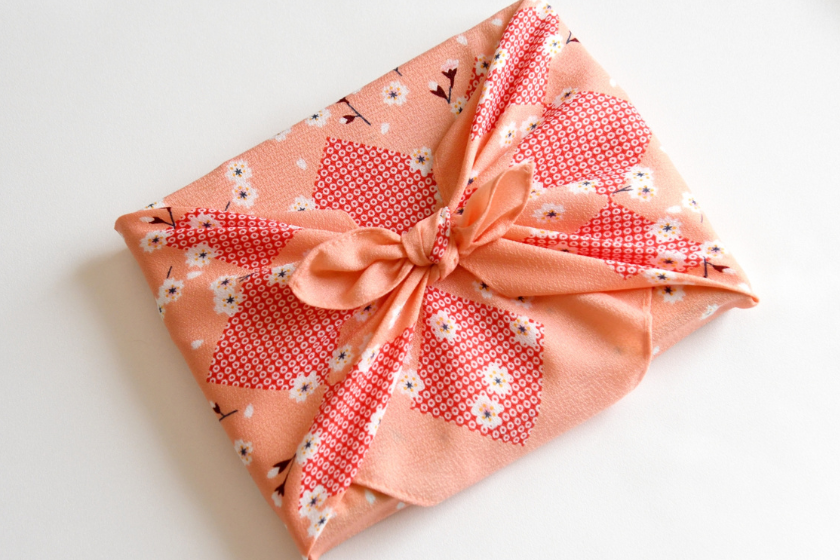
シンガポールでは、ビジネスパートナー主催の行事に招待されたとき、お礼の気持ちを込めた贈り物をします。
基本的に、ワインボトルかチョコレートが主流で、お酒を飲まない宗派の人が重役に多い企業への贈り物にはお酒は控えます。
また、反対にお土産をもらったらお返しをする文化は特にありませんが、お礼にという言葉を添えてお返しをお渡しするのは喜ばれます。
シンガポール人が喜ぶ日本文化体験5選
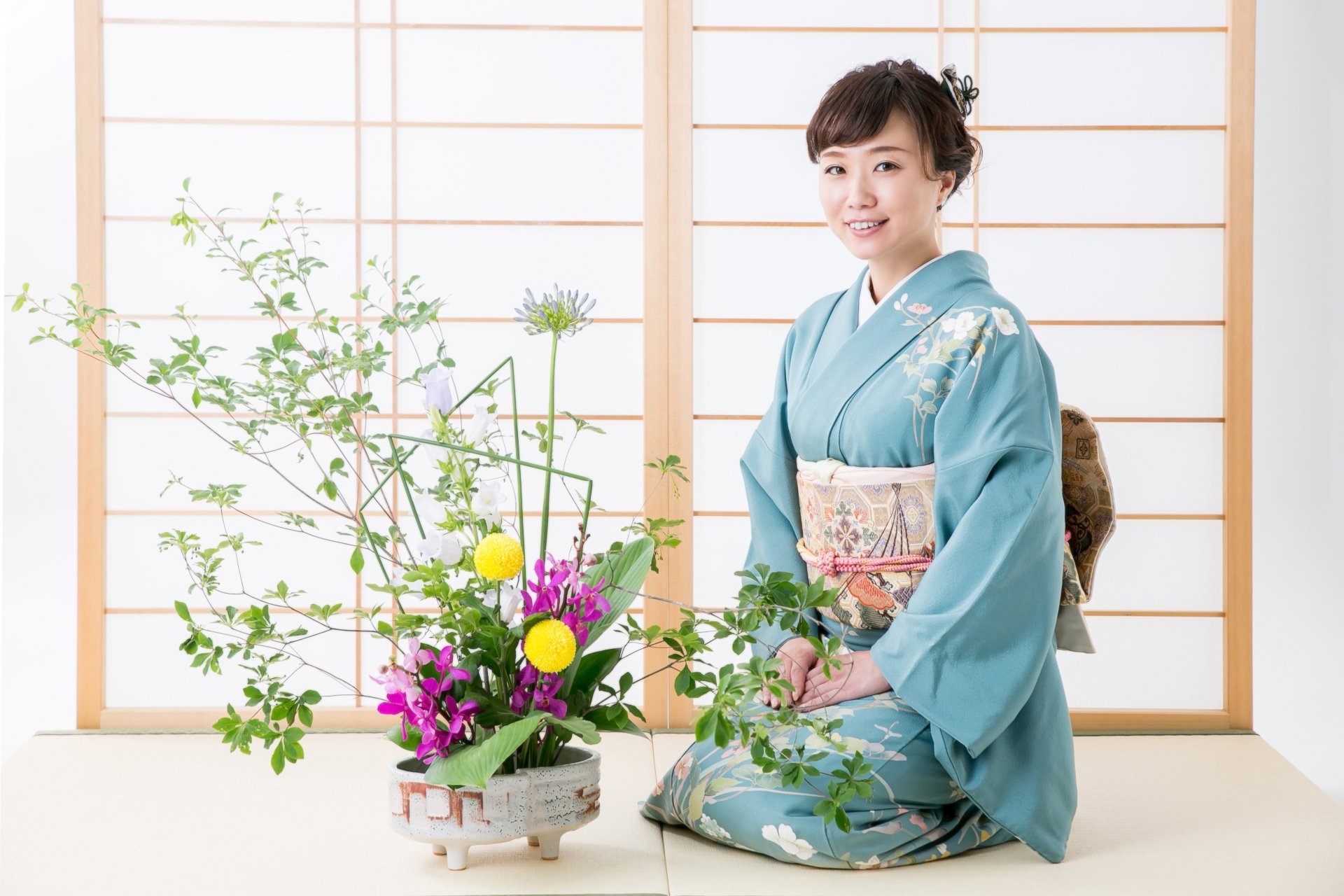
多民族国家であり、異文化が共存するシンガポールでは、自分たちのバックグラウンドにある文化背景がとても重要になります。
なので、日本文化でお迎えすることは、自国への誇りを持つ相手だ、という認識につながりビジネスパートナーとしての信用感を与えることができます。
こちらでは、シンガポール人におすすめの日本文化体験を5選紹介します。
おすすめ関連記事;
外国人に人気の日本文化体験!おすすめの体験型観光&VIP接待12選
芸者
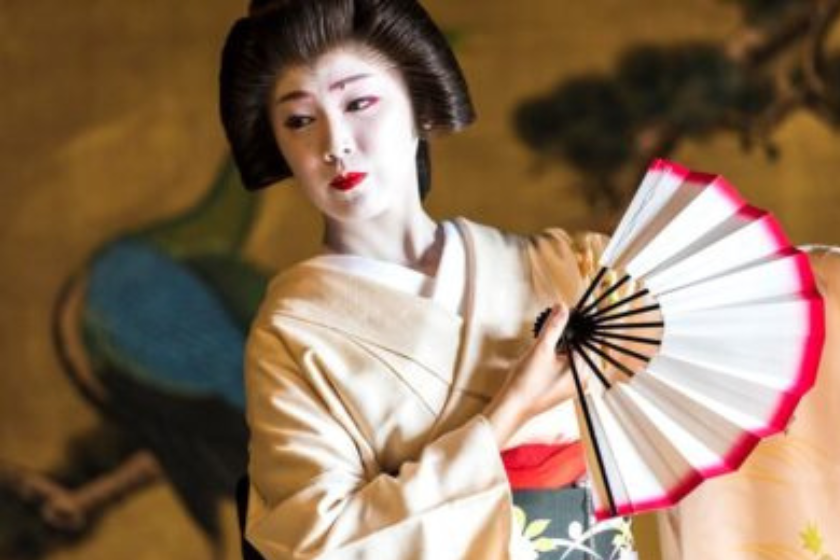
シンガポール人の接待には、日本の接待のプロフェッショナルである芸者をおすすめします。
文化的に女性ホステスの接待を受けることに慣れている人が多いのですが、やはり日本の芸者は格別。
接待へのスキルが高く、日本情緒あふれる存在なのでシンガポール人に人気があります。
また、芸者は日本舞踊の伝承者でもあるので、本格的な日本伝統芸能を接待会食の場で楽しんでいただけます。
お茶屋遊びを取り入れて、会場の雰囲気を盛り上げてくれるのでとても楽しい時間を演出してくれますよ。
シンガポール人への接待に日本文化体験を取り入れるのなら、芸者はとても自然でよろこんでいただけるおもてなしになります。
おすすめ関連記事:
歌舞伎
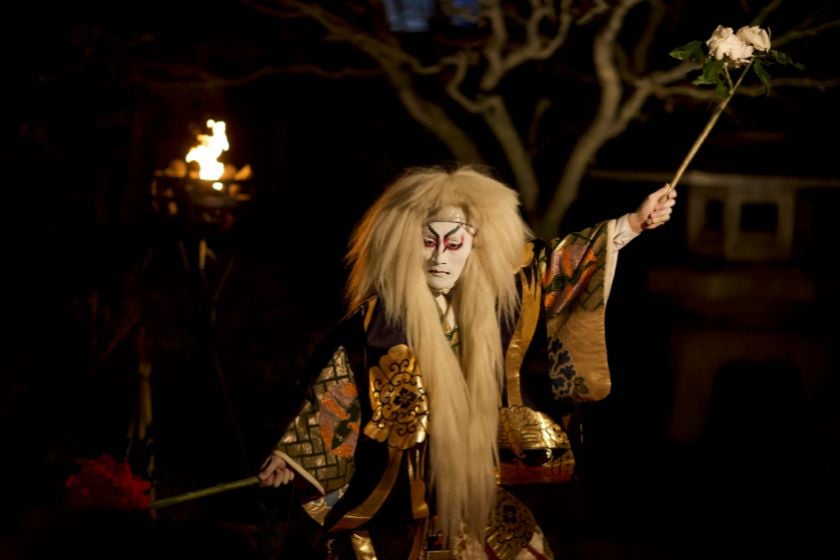
シンガポールからの特別なお客様におすすめしたいのが、歌舞伎体験です。
歌舞伎は日本の伝統芸能の中でも人気の高い、舞台芸能になります。
日本独自の美学があるので、興味を抱く外国人はとても多い伝統芸能です。
オーダーメイド企画の歌舞伎体験では、お食事の会場で歌舞伎役者が演舞をする内容を企画することができます。
歌舞伎座などに足を運ばないと鑑賞することができない歌舞伎を、ゆっくりお食事をたのしみながら鑑賞でき、とても贅沢な時間をお届けすることができますよ。
歌舞伎役者から歌舞伎についての説明を受けたり、歌舞伎の化粧をしてみたりと、方法は自由自在なのでお客様に合わせて企画することも可能です。
とくに富豪層から人気のある企画なので、贅沢感が味わえる日本文化体験としてもおすすめです。
おすすめ関連記事:訪日インバウンドにおすすめ!人気の伝統芸能エンターテインメントとは?
武道
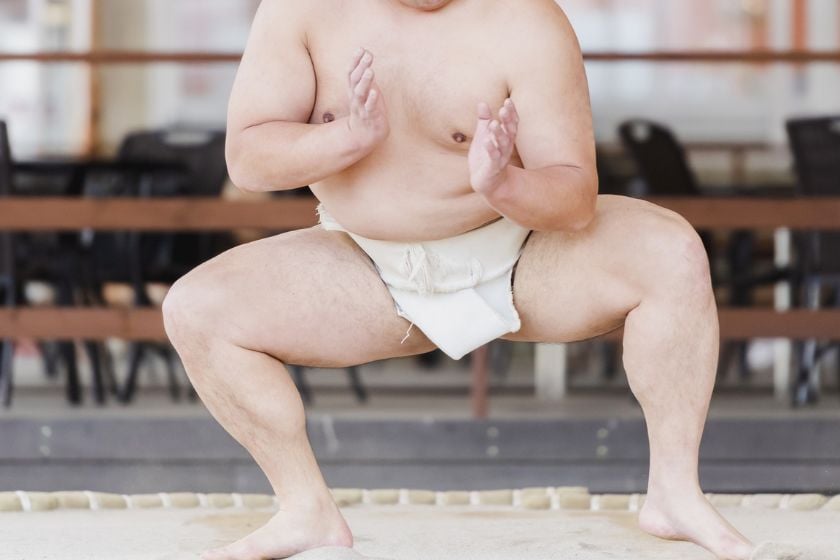
ゴルフ接待を始め、スポーツ接待に人気があるシンガポール人の接待に、相撲や空手の武道体験はおすすめです。
武道の接待企画にはさまざまな方法があります。
ワークショップ形式の武道家から直接指導を受ける企画から、大勢のお客様への武道エンターテインメント、そして社員の研修にも人気があります。
武道体験では、空手、相撲、剣道、居合道、合気道、弓道といった日本の武道の中から選び、専門家の講師から実際に学びます。
経験者でも初心者でも対応できますし、年齢、男女問わず楽しんでいただけるのも特徴です。
ジムやヨガのように楽しめるので、スポーツ派のシンガポール人への接待企画におすすめですよ。
おすすめ関連記事:
【相撲】海外でも大人気の相撲体験!ルールや歴史などの基礎知識を踏まえた説明のポイントと観戦の仕方
【空手】:【空手が外国人に人気の理由】日本精神を学ぶチームビルディング事例
屋形船

屋形船を貸し切って隅田川をゆっくり渡り、その間にお食事を楽しんでいただくプランです。
オーダーメイド企画も可能なので、屋形船の上で芸者による日本芸能披露や、侍による殺陣演舞を堪能していただくことも可能です。
東京観光をしながら食事を楽しみ、その上日本伝統芸能を間近で体験できるので、時間に限りのあるお客様におすすめのプランになります。
また、宵の頃にナイトクルージングでお酒を楽しむこともできるので、お客様に合わせプランは無限に広がります。
茶道
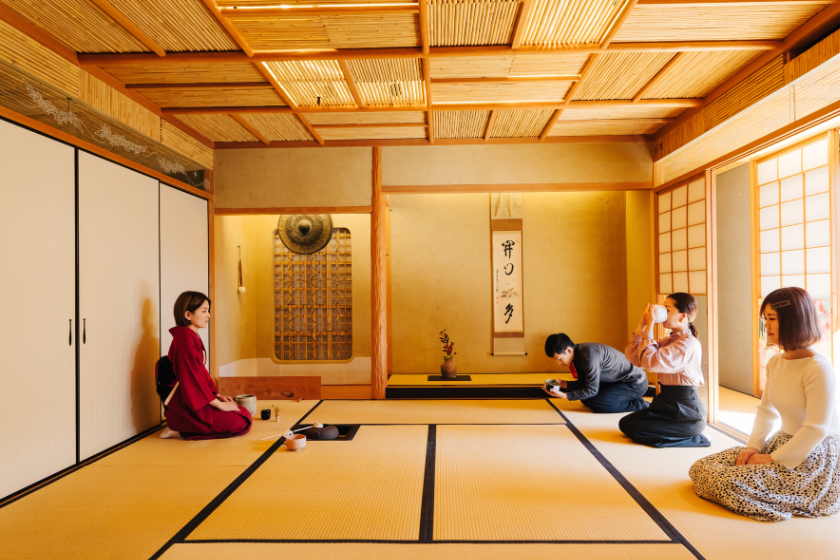
シンガポール人にも茶道はやはり人気があります。
茶道の認知度はシンガポールでも高く、シンガポールもまたお茶を日常的に嗜む国民でもあるので、茶道という作法があるお茶のいただき方に興味がある人が多い傾向があります。
茶道体験と同時に着物体験もできるので、本格的な日本風情を楽しめることも人気の秘密。
会食の後にゆっくりと場所を変えて企画することもできます。
たとえば、日本庭園を望む茶室でゆっくりとお茶をいただきながら談笑タイムが楽しめるのもポイント。
日本らしいビジネス接待を体験していただくことができます。
おすすめ関連記事:【海外駐在員が実践】茶道と着物でおもてなしhttps://www.motenas-japan.jp/news/sado.html
まとめ
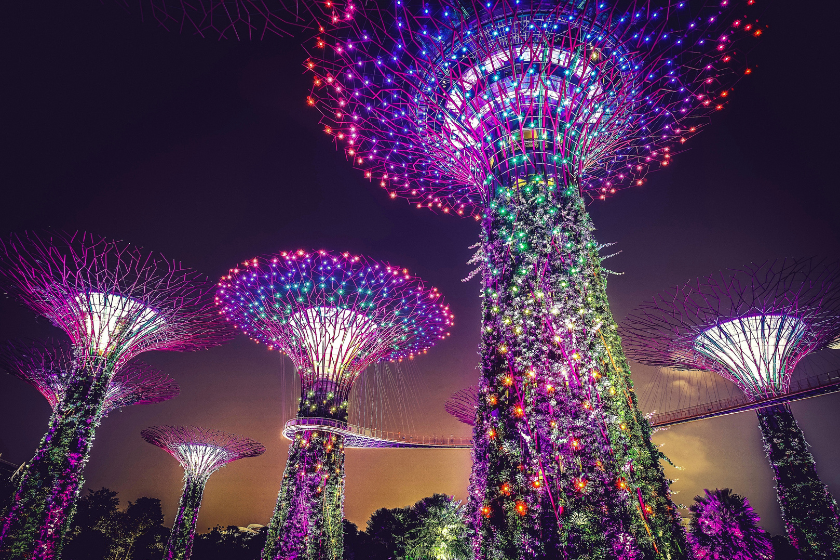
国際色豊かなシンガポール人への接待は、グローバルな価値観での対応が大切になっていきます。
だからこそ、民族のアイデンティティを重要視する傾向があり、自国の文化の誇りをお互いに尊敬しながら交流を深めていくことが大切です。
シンガポール人への接待に日本文化体験が向いているのは、このような背景にあります。
シンガポールからの特別なお客様には、ぜひ日本文化の素晴らしさを体験していただいてお互いの文化交流の親睦を深めていきましょう!
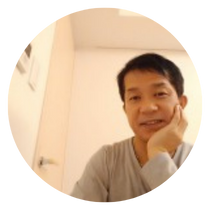
大学卒業後ロイター・ジャパンでSEとして勤務、その後ロイター・シンガポールでシステムマネージャーとして5年間勤務した後、オランダのビジネススクールで経営学を学び、日立製作所に入社。日立では新事業開発を担当し、中国での新事業や新興国での投資スキームを推進。11年間勤務後モテナス日本のサービスを運営開始し「世界と日本をもっと近づける」をモットーとして、日本文化体験を外国人向けに提供している。



